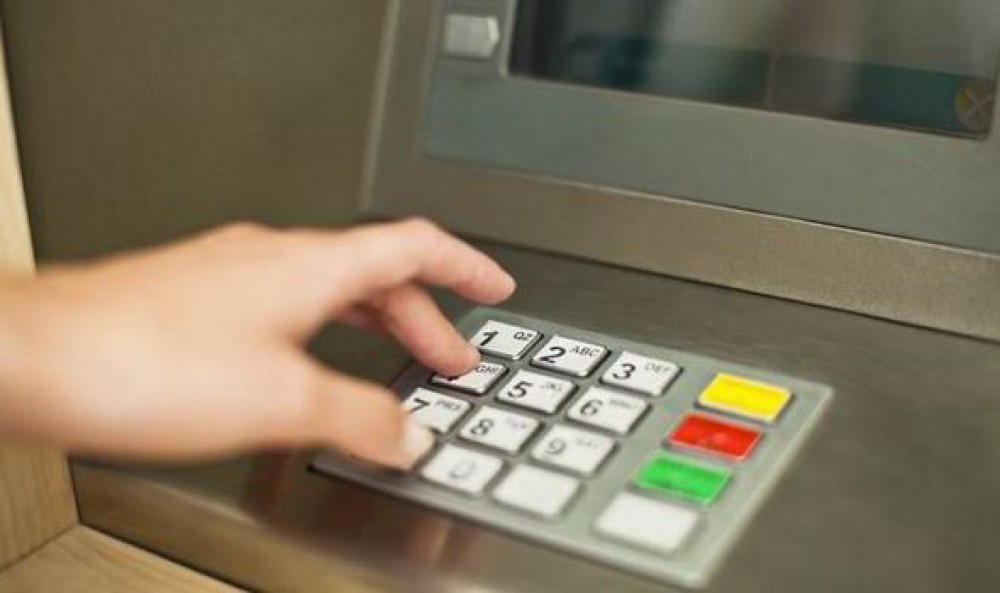How will new 'age appropriate' code protect children online?
'I believe it will be transformational,' says information commissioner.
The warning comes as there is an increase in the number of reports to Action Fraud about this

Fraudsters are contacting victims by telephone and claiming to be a police officer or bank official. To substantiate their claim, in some cases the caller might be able to confirm easily obtainable basic details about the victim such as their full name and address.
They may also offer a telephone number for the victim to call to check that they are genuine; this number is not genuine and simply redirects to the fraudster who pretends to be a different person.
After some trust has been established, the fraudster will then, for example, suggest;
Victims are then asked to co-operate in an investigation by attending their bank and withdrawing money, withdrawing foreign currency from an exchange or purchasing an expensive item, to hand over to a courier for examination who will also be a fraudster. Again, to reassure the victim, a safe word might be communicated to the victim so the courier appears genuine.
At the time of handover, unsuspecting victims are promised the money they’ve handed over or spent will be reimbursed but in reality there is no further contact and the money is never seen again.